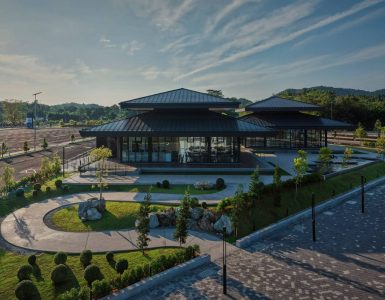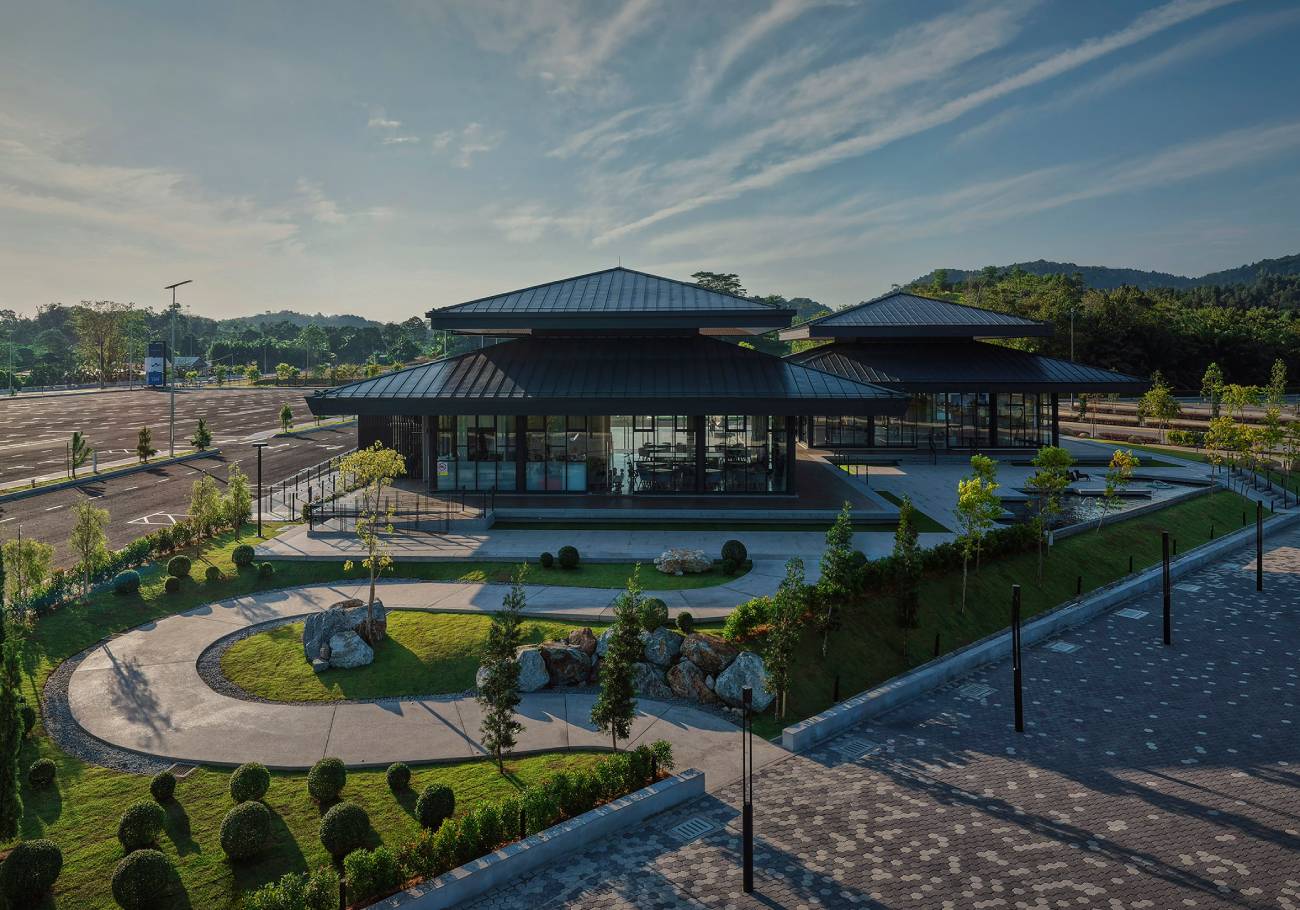This post is not about party lines. It is not about PAP or alternative parties. It’s not about who you voted for yesterday.
This post is about the fact that no matter how you vote, Singapore’s Parliament will never be able to represent all Singaporeans as long as we have the Group Representative Constituency (GRC) system. And that is something that all of us, no matter whether we are supporters of PAP or the opposition, can come together and agree on.
In a GRC system, we vote according to party slate for a team of 4, 5 or 6 people. Then, according to the “first past the post” system, the winner takes all. This means that not only are we getting a government that might not necessarily reflect the will of the electorate (like how a pretty significant number of the British were complaining about before they were unfortunately quashed by the “No” voters in the recent referendum), we are also getting a Parliament that does not reflect the will of the electorate. We are getting Members of Parliament who were possibly not legitimately elected by the people.
In the GE 2011, the PAP got about 60% of the votes, and yet 93% of the seats in Parliament. Does that sound right to you?
If you don’t see the problem with that, let me put it this way:

I know we didn’t really have a choice about the last two, since Tanjong Pagar was a walkover, but they are nonetheless part of the GRC system. Does that sound right to you?
When the GRC system was first implemented in 1988, the government said that it was to ensure minority representation in Parliament, because the majority Chinese voters might have only voted for Chinese candidates, leaving minority groups unrepresented.
Have been about -4 months old at that point (i.e. not yet born), I cannot speak from personal experience about whether people really voted according to race in those days. Perhaps they did. I don’t know.
But I do know this: we don’t vote according to race now. Among all the talk and discussion of candidates in the GE 2011 period, not once have I heard, “I’m not voting for him/her because he/she is *insert race here*.”
In an episode of Talking Point broadcast on Channel NewsAsia before the elections, Secretary-General Goh Meng Seng of NSP made a very good point:
Michael Palmer (right), a minority candidate, stood in the Punggol-East SMC, and won. As Mr Goh said, doesn’t this fly in the
So why do we still have the GRC system if we’ve outgrown it?
In June 2006, then SM Goh Chok Tong was quoted by the Straits Times as having said, ”Without some assurance of a good chance of winning at least their first election, many able and successful young Singaporeans may not risk their careers to join politics.”
This suggests that even in the last elections the GRC system was not about minority representation. It was about giving young and new candidates an easy ride into Parliament, so that more people would be willing to take that chance.
But is that really the sort of leaders that we want? People who are joining politics because it seems to be largely “risk-free”, and because they can coast through at least their first elections on the backs of more experienced politicians, and then collect large pay packets?
Also, elections are about finding the people that the electorate want to represent them in the legislative process and the running of the country. Not about recruiting fresh young faces for any party’s renewal process. (It’s clear when SM Goh talking about the “assurance of a good chance of winning”, he is only talking about new candidates of the PAP, since new candidates of alternative parties will never have any assurance.) So why do we need to skew the system to guarantee a win for new, inexperienced and even unpopular candidates?

When the residents of Aljunied voted for the Workers’ Party, were they really trying to get rid of George Yeo? When the residents of Bishan-Toa Payoh voted for the PAP, did they really think that Chiam See Tong does not deserve to be in Parliament? When the residents of Marine Parade voted for the PAP, did they really want Tin Pei Ling (left)?
If not for the GRC system, we might have the likes of Low Thia Khiang, Sylvia Lim, Chen Show Mao AND George Yeo in Parliament today. We might have SM Goh, without Tin Pei Ling. We might have Chiam See Tong.
As a Singaporean, I cannot help but feel that the GRC system has cheated me of the best people available to lead my country. That the unworthy have managed to slide in, while those who have served with dedication and distinction have been left out in this skewed game. And that is just not democratic.
In 2011, the GRC system has not ensured representation for all Singaporeans. In fact, it has ensured a misrepresentation of our people and our community. 60% of Singaporeans are being represented by 81 voices in Parliament, while 40% of Singaporeans are being represented by only 6.
Sure, the 6 seats we have this time ’round are better than the 2 we had the last time. But the fact remains that these 6 seats will not be able to stop the 81 seats from bulldozing policies through that will affect 100% of Singaporeans. Essentially, 60% of Singaporeans have given the mandate for the objections of 40% of Singaporeans to be bulldozed over.
It’s not the fault of the 60%. It’s the fault of the system. A system that is a huge obstacle in our path to becoming a more democratic country.
No matter whether you voted for the PAP or the opposition, I think we can all agree that we want Singapore to be a democratic country. So, no matter what party you support, let us come together to call for the abolishment of the GRC system.
Let us no longer be misrepresented.












